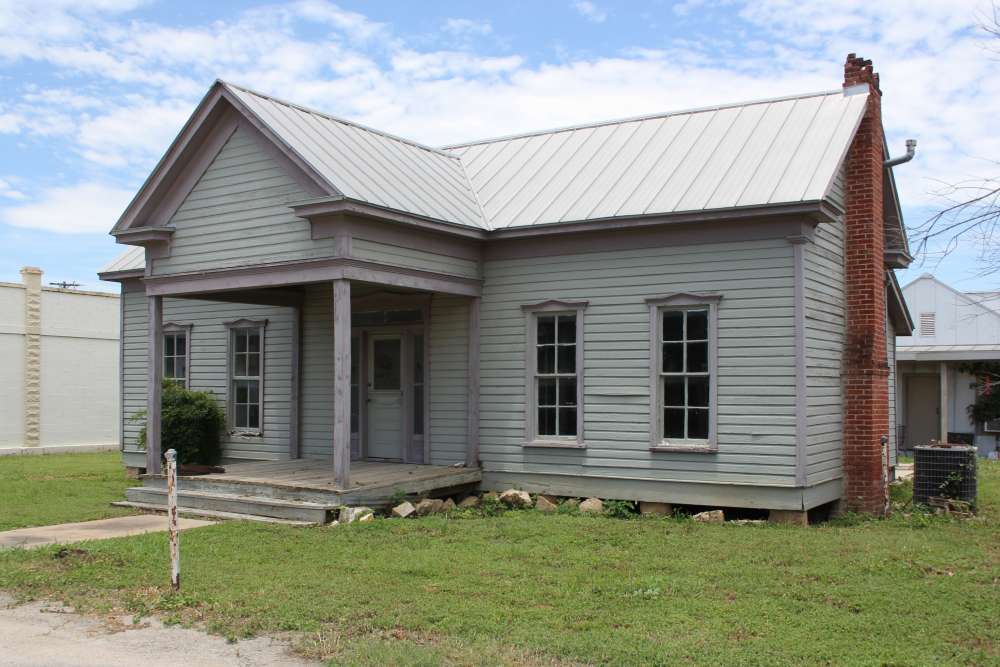A Complete Overview of Disability Housing Assistance Programs and Resources
This comprehensive guide details disability housing assistance programs, including grants and eligibility criteria, designed to help individuals with disabilities improve their living environments. From home modifications to rent support, learn how to access vital resources to foster independence and affordability. Discover eligibility requirements, application tips, and key programs like the Section 504 Home Repair and VA SAH Grant, empowering disabled persons to achieve better living standards.

A Complete Overview of Disability Housing Assistance Programs and Resources
Finding suitable and affordable housing can be one of the biggest challenges faced by individuals with disabilities. The costs linked to home modifications, accessible features, or rental options often create significant financial burdens. Fortunately, various government and non-profit programs offer financial assistance designed specifically to help disabled individuals improve their living conditions. These programs provide critical support for modifications, rent help, and related expenses, enabling individuals with disabilities to lead more independent and comfortable lives.
Understanding Disability Housing Assistance Funds
Disability housing assistance funds are financial resources allocated by federal, state, or local government agencies. These funds aim to support modifications to make homes more accessible or to help cover rent and other housing-related costs. The overarching goal of these programs is to create inclusive, accessible, and affordable living environments for individuals with disabilities, thereby fostering independence and dignity.
Different grants and assistance programs are tailored for various groups including disabled veterans, seniors with disabilities, and non-veteran disabled persons. These opportunities vary in eligibility, scope, and benefits, but all aim to reduce barriers to stable housing for those in need.
Eligibility Criteria for Disability Housing Grants
To qualify for most disability housing assistance programs, applicants typically need to meet several key criteria:
Have a disability that meets the definitions outlined under laws like the Americans with Disabilities Act (ADA), ensuring they require accessible modifications or housing support.
Possess legal residency or citizenship status in the country where the program operates.
Meet income requirements defined based on household size, area median income, or other financial metrics established by the program.
Additional restrictions may apply, especially for specific groups such as veterans or seniors. For example, veterans seeking specially adapted housing grants must demonstrate a service-connected disability, while seniors might need to meet age-related requirements. It is essential to review each program’s specific eligibility criteria carefully before applying.
Applying for these programs involves a systematic process:
Identify which programs you qualify for and suit your particular needs.
Gather all necessary documentation, including proof of income, medical documentation of disability, proof of residency, and other relevant paperwork.
Complete application forms accurately and submit them along with all supporting materials by the specified deadlines.
To enhance your chances of approval, double-check all information for accuracy, ensure all documents are current and complete, and consider seeking assistance from housing counselors or disability advocates who can guide you through the process.
Some of the most notable disability housing assistance programs include:
Section 504 Home Repair Program
This program provides grants for home modifications such as installing ramps, grab bars, widened doorways, and accessible bathrooms. Eligibility generally requires homeowners to have incomes below 50% of the median income in their area and to own their home. Grants can be substantial, often up to $27,500, with no-interest repayment plans spread over 20 years, making it accessible for low-income families.
VA Specially Adapted Housing (SAH) Grant
Designed exclusively for disabled veterans, this grant helps fund major home modifications like wheelchair ramps, bathroom remodels, or widened doorways. The available amount can go up to $100,896, depending on the specific needs and the extent of the disability. To qualify, applicants must demonstrate a service-connected disability that impairs mobility or independence.
USDA Rural Development Housing Assistance
Focused on rural residents, this program offers both loans and grants to help eligible low-income homeowners make necessary repairs or modifications, such as wheelchair ramps or accessible bathrooms. The maximum grant amount is typically around $7,500, aimed at improving rural housing conditions and addressing specific accessibility needs.
Social Security Disability Insurance (SSDI)
While not a direct housing grant, SSDI provides a monthly cash benefit based on the claimant’s work history and earnings, which can be used to cover housing costs such as rent or mortgage payments. After two years of SSDI receipt, beneficiaries gain access to Medicare, helping with healthcare costs related to disability, further easing financial burdens.
In summary, disability-specific housing grants and support programs are vital tools that help individuals overcome financial and physical barriers to stable housing. Exploring and applying for these programs can significantly bolster independence, improve living conditions, and promote a better quality of life for those with disabilities.




